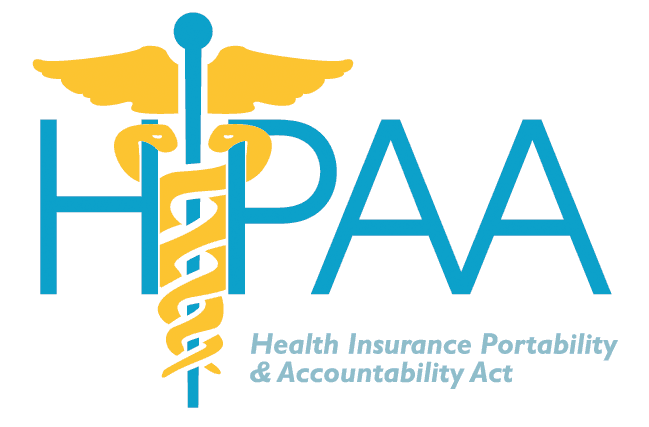27.04.2018 03.36 GMT+0000

The SEC has now weighed into this fiduciary fray, proposing new rules governing the behavior of broker-dealers.
27.04.2018 03.36 GMT+0000

The SEC has now weighed into this fiduciary fray, proposing new rules governing the behavior of broker-dealers.
10.04.2018 04.07 GMT+0000

Conflicting court opinions, dueling regulators and uncertain direction from the executive branch are making it harder for plan fiduciaries to do their jobs.
19.03.2018 09.00 GMT+0000

The U.S. Court of Appeals for the Fifth Circuit has issued an opinion striking down the DOL’s new fiduciary rule. The decision will add more (unwelcome) uncertainty.
07.03.2018 06.43 GMT+0000

Plan fiduciaries need to respond to changing industry practices. The next challenge in protecting plans may be fees for non-plan related financial products.
25.01.2018 04.59 GMT+0000
12.01.2018 02.58 GMT+0000

Recordkeepers can engage in practices to mask the total revenue they obtain from plan participants. Plan sponsors need to be smarter and more aggressive in eliminating these practices.
16.12.2017 10.24 GMT+0000

Employers can play an active role in protecting employees’ financial data – and, have a roadmap for doing so by looking at HIPAA.
28.11.2017 09.31 GMT+0000

Employers need to pay attention to how retirement plan providers use participant data – and start establishing limits on how that data can be used.
16.11.2017 08.22 GMT+0000

Employers’ communication to employees about their retirement plans are designed to comply with various legal requirements.
26.10.2017 07.33 GMT+0000

Protecting Employers by Protecting Employees’ Accounts